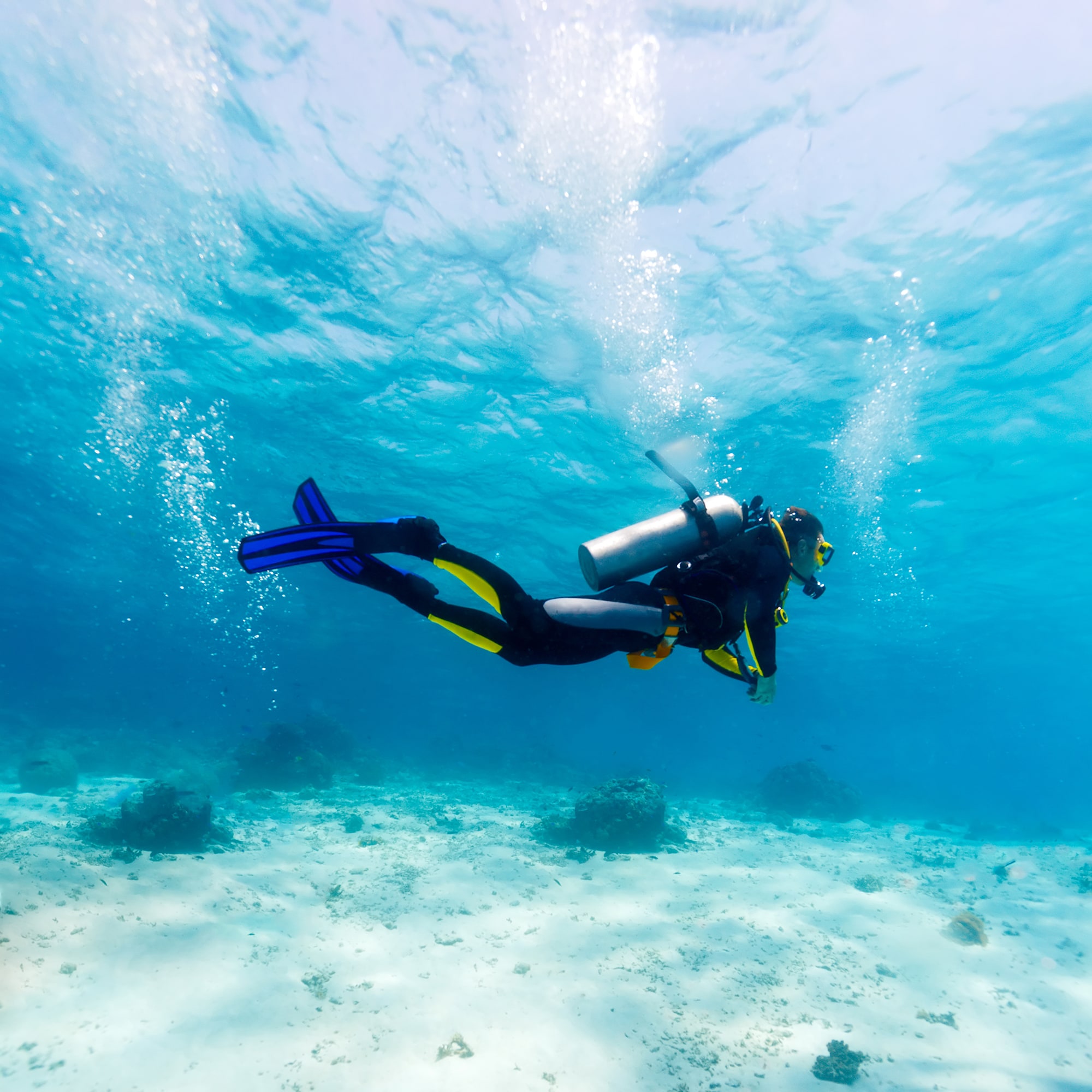Gastric Reflux in Diving: Is it an Emerging Issue?
For the past decade, along with changes in our lifestyles, there has been an increase in the number of people affected by gastric reflux (Gastroesophageal reflux disease), from the clinical standpoint, a very commonly known illness.
Much less known, however, is the effect that the hydrochloric acid produced by the stomach has on the ears, nose, throat and airways.
The first correlation between gastric reflux and ENT problems goes back to 1903, when Dr. L.A. Coffin hypothesized that inhalation of acidic material coming up from the stomach was linked to dryness in the throat and posterior rhinorrhoea* (postnasal drip) in patients with chronic laryngeal and nasal problems.
After a century, other studies have examined this correlation, and today we know about Laryngopharyngeal reflux (LPR), the cause of disturbances and various illnesses of the larynx, pharynx, oral cavity, teeth, bronchi, ears, nose and sinuses.
In 2002, a German researcher published a surprising discovery in an established magazine: that of the 80% of children affected by ear infections who had their adenoids removed by the clinic where he worked, a gastric digestive enzyme was present in the middle ear. This enzyme could arrive to the middle ear only by means of the nasopharynx and the Eustachian tube.
Simply put, one can say that the 80% of children suffering from ear infections as infants have poorly functioning auditory tubes, and that this is the cause of reflux. There are other scientific studies supporting this thesis, which demonstrate how hydrochloric acid and the pepsin enzyme related to reflux cause inflammation, swelling, and ulceration of the respiratory mucous membranes.
As a result of these hypothesis, we asked ourselves, "Is it possible that gastric reflux could also be the cause of equalisation problems in divers?"
Among the medical visits made by divers with equalisation problems, we found that many of them who did not exhibit signs of specific ENT illnesses, or had undergone surgery to fix nasal problems (with no significant results), complained of "burning" in the stomach at the onset of dives and progressive worsening in equalisation.
Thus, since 2009 we have begun to associate the inhalation of hydrochloric acid with equalisation problems during diving, and we are now able to answer our question with a "yes" backed by numerous trials.
The positions that a diver assumes (especially in free diving, but also for SCUBA dives) lend to an accumulation of gastric material around the sphincter, as well as inhalation of acid, which leads to inflammation of the digestive airways and blocking of the Eustachian tube. During descents into the deep, the same "head first" position yields to gastric reflux in the upper respiratory tract , and affects equalisation maneuvers within the middle ear.
The difficulty in maintaining equalisation within the middle ear is still the most common problem in diving today, and surely the most disabling. It is thus important to continue research in this direction in order to improve the safety and enjoyment of diving.
As reflux is not currently recognized among the classifications of disturbances linked to equalisation in diving, our aim is to show the reduction of PH in the upper respiratory tract of divers, by means of a system which measures the PH in the nasopharynx during a dive; comparing it to the measurement taken before the dive, with the body in [normal] upright position.
We hope, and feel certain, that the data that we will collect will confirm our theory.
Note
Rhinorrhoea, or nasal drip, refers to an abundance of liquid coming from the nasal cavity or sinuses. In anterior nasal drip the liquid collects in the nostrils, whereas in posterior nasal drip, it passes through the nasal cavity and is swallowed or expelled through the mouth.

